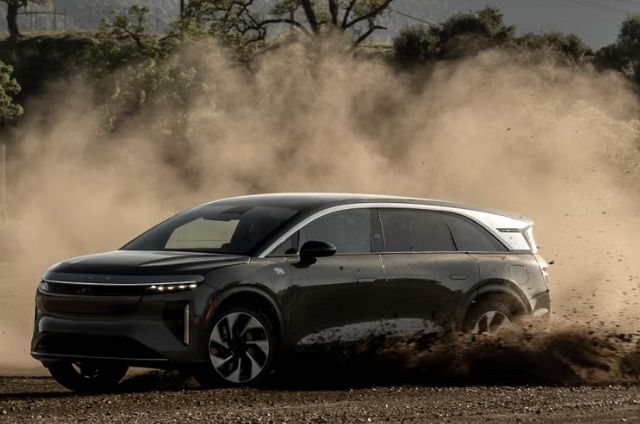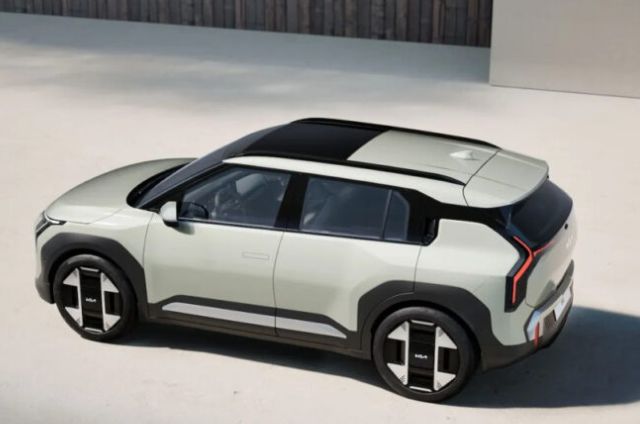A Tax Spark Ignites an EV Conversation
As Congress weighs a proposed $250 annual federal fee for electric vehicle owners, online forums have lit up with one of the most passionate and widespread debates in the U.S. EV space to date. From calls to civic action to discussions about clever loopholes, thousands of EV drivers and enthusiasts are speaking out—not only on whether the tax is fair, but also what it signals for the future of clean mobility and EV adoption in America.
Understanding the Fee—and the Frustration
The proposed fee is designed to recoup lost gas tax revenue, which traditionally funds road maintenance. As EV adoption rises and fuel consumption falls, policymakers are seeking alternative revenue streams. While many EV drivers acknowledge that contributing to road infrastructure is fair, frustration has mounted around the flat-fee model. For example, a driver who clocks 3,000 miles per year would pay the same as someone logging 30,000—despite vastly different impacts on infrastructure. Many pointed out that the average gas-powered vehicle driver pays just $88 annually in federal gas taxes—less than half of the proposed EV fee.
Is It Avoidable?
The online discussion quickly veered into possible workarounds. Some users floated the idea of registering their EVs in other states, driving with expired plates, or even modifying their vehicles to classify as hybrids. Others questioned how the federal government would enforce the tax—especially since vehicle registration is handled at the state level. Still, most concluded that trying to dodge the fee isn’t the answer. Instead, the conversation turned toward changing the structure to make it fair and logical.
Fairness, Not Free Rides
A common theme emerged: EV owners don’t expect a free ride—they want a fair one. Many proposed more equitable systems, such as mileage-based taxes or fees adjusted for vehicle weight. Others referenced New Zealand’s Road User Charges system, or suggested taxing based on tire wear or vehicle class. There was also support for expanding freight and commercial vehicle taxes, which contribute significantly to road wear.
A Call to Action, Not Just Complaint
What stood out most was the proactive energy across the EV community. Dozens of users shared contact info for senators and local representatives, encouraging others to make their voices heard. Ready-to-send email templates circulated, targeting both sides of the aisle. The message was clear: EV drivers want a voice in shaping the future of transportation policy—not just reacting to it.



